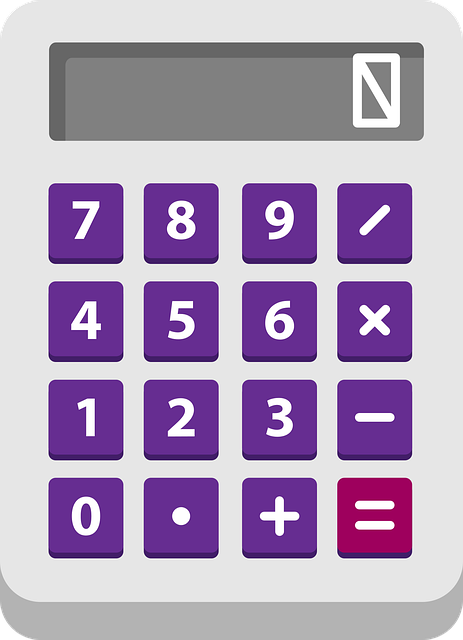Early sobriety requires understanding emotional triggers and cravings, which online free 12-step meetings help address by providing a supportive space for sharing experiences and insights. Combining these meetings with professional guidance, mindfulness meditation, holistic wellness practices like yoga and nutrition, and evidence-based treatments offers a comprehensive strategy for managing cravings and promoting long-term recovery, especially for those with co-occurring disorders. These virtual gatherings foster connections, support networks, and commitment to recovery, making them an accessible and convenient tool for emotional regulation and overall well-being.
In the journey towards early sobriety, navigating emotional triggers and cravings can be daunting. This article explores how mindful meditation techniques offer a powerful tool for managing these challenges. We delve into the science behind emotional regulation and the role of meditation in quieting the mind. Additionally, we highlight the accessibility of free 12-step meetings online as a supportive community for continued growth and practice during this transformative period.
- Understanding Emotional Triggers and Cravings in Early Sobriety
- The Role of Mindful Meditation in Emotional Regulation
- Leveraging Free 12-Step Meetings Online for Support and Practice
Understanding Emotional Triggers and Cravings in Early Sobriety

Understanding emotional triggers and cravings is a pivotal step for individuals navigating early sobriety. In this crucial phase, emotions can be intense and often complex, leading to powerful cravings that threaten continued recovery. Cravings are not merely physical; they are deeply connected to our feelings and memories, especially in the context of substance abuse.
Online free 12-step meetings offer a supportive space for individuals to explore these triggers collectively. Through sharing experiences and stories, participants gain insights into their emotional patterns and learn strategies to manage cravings. This early focus on emotional regulation is vital, as it equips individuals with tools to navigate challenging situations, fostering a sense of control and promoting long-term sobriety. Additionally, seeking support from professionals specializing in Healthy Sleep Habits Coaching or Healthy Relationships Coaching in Early Sobriety can provide tailored guidance, addressing co-occurring disorder treatment options and enhancing the overall recovery journey.
The Role of Mindful Meditation in Emotional Regulation

Mindful meditation plays a pivotal role in emotional regulation, especially during early sobriety. By fostering awareness of thoughts and emotions without judgment, individuals can learn to acknowledge and manage their feelings more effectively. This is particularly beneficial for those navigating the complexities of recovery, as it provides a tool to cope with triggers and cravings that may arise.
Incorporating mindfulness into daily routines, such as attending free 12-step meetings online, allows participants to engage in holistic wellness programs focusing on nutrition, exercise, and stress management. These integrated approaches, coupled with evidence-based medications for withdrawal management and cognitive-behavioral therapy to reframe negative thoughts and behaviors, create a comprehensive strategy for maintaining emotional balance. Through mindful meditation, individuals gain the resilience needed to prioritize their overall well-being and sustain a sober lifestyle.
Leveraging Free 12-Step Meetings Online for Support and Practice

Free 12-step meetings online offer a convenient and accessible way to connect with others in early sobriety. These virtual gatherings provide a safe space for individuals to share their experiences, strength, and hope while practicing mindfulness together. Many platforms host daily or weekly sessions, allowing participants to integrate these practices into their routines. By attending regular meetings, individuals can build a support network, gain insights from others’ journeys, and strengthen their commitment to recovery.
Combining free 12-step meetings with holistic wellness programs integrating yoga, meditation, and nutrition for deep healing can be immensely beneficial. These online resources often offer structured plans and guidance tailored to the unique needs of those in early sobriety. Nutrition planning services for optimal health recovery and co-occurring disorder treatment options are also available, ensuring a comprehensive approach to well-being. This integrated approach not only supports emotional regulation but also fosters holistic healing.
Mindful meditation emerges as a powerful tool for individuals navigating early sobriety. By understanding emotional triggers and leveraging techniques like mindful meditation, individuals can effectively manage cravings and enhance emotional regulation. Additionally, participating in free 12-step meetings online provides a supportive community, enabling continuous practice and progress on the path to long-term recovery. Integrating these strategies can foster resilience, promote mental clarity, and ultimately contribute to sustained sobriety.






